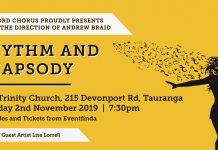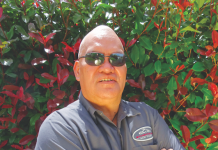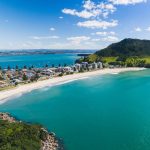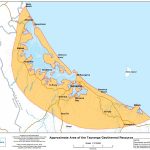Bureaucrats are the same all over this planet. You can tell them at any hui. The surface style of the bureaucrat may differ and depends on where they sit. In Tauranga they fancy
themselves as power dressers in dark ominous colours with no ties. In Auckland they tend to wear bright colours. And in Wellington? Oh, in Wellington they love to wear beige or camel-coloured trench coats similar to those worn by the MPs they adulate.
Some of them are wonderful people, yet there is always the creeping sense they believe
their proximity to power actually gives them power. Many of them are young and bright but
with little social sense of collective responsibility and an overblown sense of themselves.
They wield the power they think they have and reward those they favour. They are slow to
communicate, and are quick to learn the bureaucratic technique of control of the notes of
meetings; for it is the meeting notes where one can strategically structure outcomes that
suit a specific purpose. Once they have mastered the techniques of bureaucratic card-play
they take on the swagger of believing they are untouchable. The politician is seeable, but
the bureaucrat is invisible and that creates a sense of safety; a false sense of safety.
I enjoy the cut and thrust with bureaucrats because their arrogance is palpable. They actually have no power of their own, but the system they work within gives them a sense of power. They operate as if the money they get to allocate is theirs. It is not their money.
Public servants – there is irony in the name – have to operate within the confines of acting in ‘good faith’ when they interact or interface with us and require, we do the same. But ‘good faith’ is an interpretive term. Good faith can mean whatever they want it to mean. If we don’t agree with them, that is an example of us not operating in good faith. And when those paper warriors grin at us, nodding their nameless heads with a fixed shallow smile, knowing full well they have no intention of following through the issues we raise with them, that too is not showing good faith. When they fail to pass over research they have undertaken or ‘forget’ to include us in information flows that is not good faith.
Good faith must be founded on intrinsic honesty and lawfulness. We must have commitment to a model that focuses on everyone acting without malice and not disadvantaging an individual or group through the actions of a bureaucracy.
We at Ngāi Te Rangi Iwi argue the Crown has not acted in good faith in its dealings with
Tauranga iwi over their intention to try to bring 12 Hauraki iwi into Tauranga. We argue
they have used their enormous powers of control to manoeuvre us into the corral where
they want us. Those of us who have interacted with Crown agencies for long periods of time understand when we are being manipulated. It is difficult when you are dealing with people who are paid to misunderstand you.
I have seen the indignation many government department heads and bureaucrats display
when we have called them out. For us, the Crown has undermined us, initiated the Ardern
Confiscations, allowed our elders to be shoved and jostled, and then played victim when we resisted.
How the public servants squeal when they are held to account for their actions, claiming all
manner of fouls, but they fail to understand the good faith in which we operate. Even
though we operate through a process of lawfulness, as Ngāi Te Rangi we are also expected
to operate by the notion of LOREfulness, of cultural norms and practices.
So, what happens when those two models oppose? Our iwi is demonised. What drives us? We lost large tracts of our land through confiscation as a response to our going to the defence of Waikato in the 1800s. We will not let the Crown go unchallenged in its attempts to act badly and allow our lands to be assimilated by other iwi. All this through the use of bureaucrats with an agenda that has deliberately enabled them to consciously misunderstand us.
-By Paora Stanley, CEO, Ngāi Te Rangi Iwi




































































